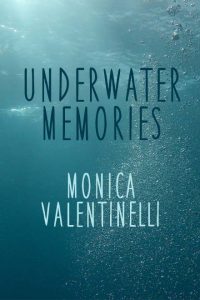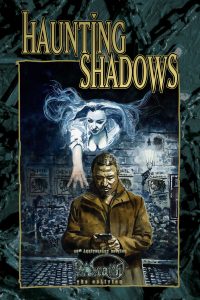Readers,
Last time, I gave you some initial thoughts on “Catarina the Wise”. Today I want to dig a little deeper, because there’s something eating away at the heart of my process. Simply, the question: “Should this be a literal retelling, beat for beat, or should I capture the essence of it?”
I thought about the story’s themes related to equality and how they’re presented. The idea that education should be free for everyone, regardless of class, is not the “point” of the tale–but it is a message that is more powerful to a reader in the past than it is today. While the gender equality message is present, I feel it’s specific to cishet marital relationships and the father-daughter bond. It’s for this reason I think the story’s lesson has two different audiences. First, it’s a story about Italian, family-minded cishet men. My take is that fathers and husbands shouldn’t regard their daughters and wives as anything but equal. However, Caterina the Wise also presents as a lesson for the cishet women in these relationships, too. That is: it’s better to bend the existing rules than to try and change them.
I want to point out that Catarina doesn’t interact with other women in the story; her mother passes away off-screen early on. Her worth and value is shared through the perspective of her father and her abusive husband, the prince. When she gets in trouble, she does ask her father for help, which he provides, he then stops helping. I don’t know how much you know about Italian families, but the fact that the father left Catarina to her own devices is a huge deal. Huge.
After re-reading the story, Catarina’s methodology to teach her abuser a life-changing lesson feels wrong to me, because she lies about who she is, sleeps with the Prince, and has several children she then uses as leverage. She doesn’t simply leave him. She stays and changes him by teaching him a lesson–which…well, that’s problematic AF. In this specific instance, the fact that she is not the villain flips the trope that cishet women who use their sexual power are evil. Catarina is not depicted as such. Instead, she’s the heroine of a tale who beat the Prince at his own game.
Here’s where these resonate tones get complicated: I made a pledge to not include cishet white men in my stories to challenge myself. I’ve already decided I’m not going to simply flip the genders because that’s the easy way out for me; I don’t know enough about the power dynamics in queer relationships to write them well and provide the necessary, authentic subtext either. Instead, I’m looking at the essence of this story to see if that’s portable to 2020. Then, I’ll build characters around the abuser-victim dynamic who make sense for the story. So far, I’ve been leaning into the heroine’s name–Caterina the Wise–and the lesson of entitlement with respect to class. I don’t believe that lesson requires a sexual relationship (or the use of children as leverage).
Oh! I don’t think I mentioned this before, but the reason why I am not choosing the name ‘Barbara’ from Calvino’s retelling is because of its meaning. Barbara is a Greek name that is the root of the term “barbarian”. I don’t regard Catarina as being the villain in this story, and changing her name to Barbara (strange or foreign) from the Italian version of Catherine (pure) feels like an odd choice for her character.
Anyway, blogging about “Caterina the Wise” has been interesting for me; I hope you’re enjoying this look into my process. Short stories, in particular, are something I must read a couple of times to fully appreciate, understand, and unlock all their complexities.
Other Clarion Write-A-Thon Posts
About this Post: In exchange for sponsor support, I promised to highlight how I’m processing my identity as an Italian-American and daughter of an immigrant through brainstorming, story selection, and first drafts. If you’re keen on following my progress, warts and all, I encourage you to become my sponsor and sign up for my newsletter.



